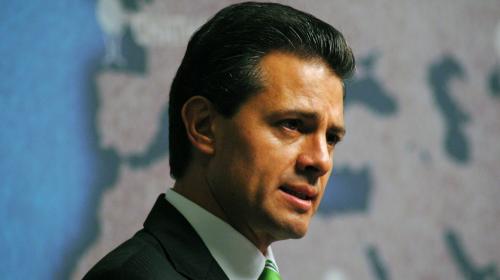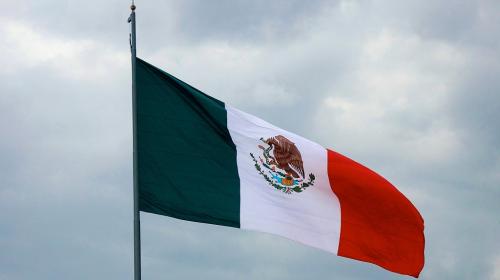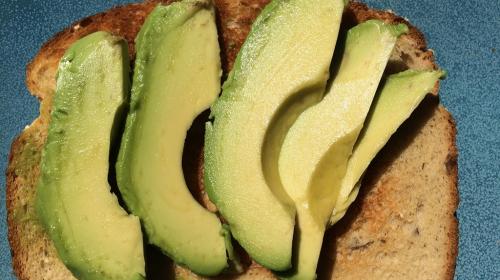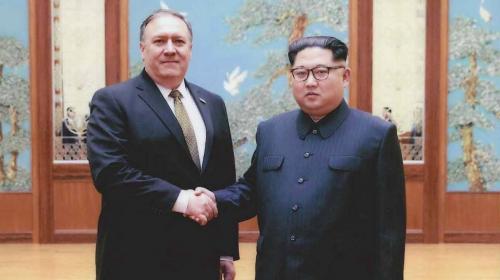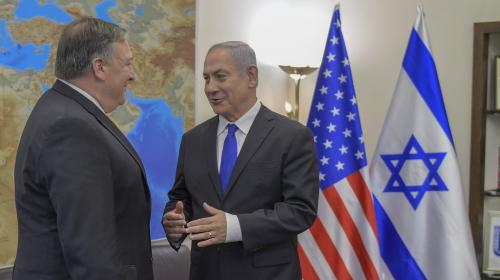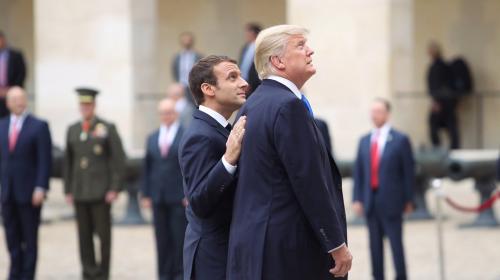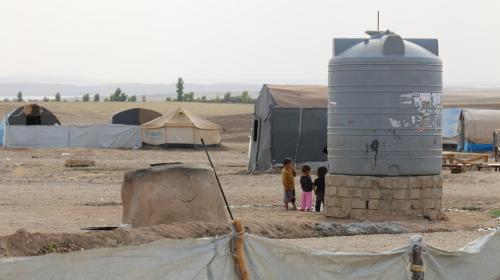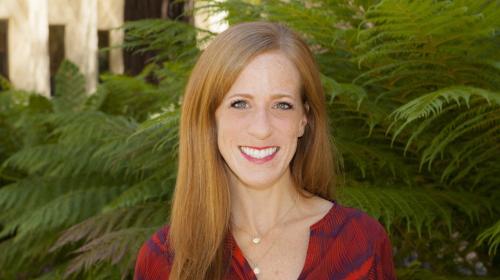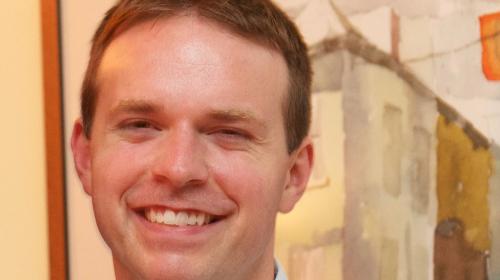The fate of the NAFTA renegotiations is looking quite grim, writes Michael Camuñez.
U.S.-Mexico relations hit a new low following President Trump's order to send National Guard troops to the border, the future of the NAFTA negotiations remain uncertain, Mexico's presidential election season officially kicked off, and more insights from Michael C. Camuñez.
This week, North Korea frees three U.S. citizens in its custody; President Trump pulls the United States out of the Iran nuclear deal; the Pentagon releases a report detailing failures that led to the deaths of four U.S. soldiers in Niger; and more.
U.S. trade negotiators should keep an open mind as they engage with their Chinese counterparts this week, write Michael Santoro and Robert Shanklin.
The Trump administration must focus on obtaining commitments from North Korea that are clearly defined and realistically verifiable, or we may soon find ourselves back at square one or somewhere far worse, writes Thomas Zimmerman.
This week, the Trump administration weighs whether to pull the United States out of the Iran nuclear deal; a "caravan" of Central American asylum-seekers arrive at the U.S.-Mexico border; violence flares in Afghanistan; and more.
This week, French President Emmanuel Macron visits the United States; North and South Korean leaders meet and agree to end hostilities; the Iran nuclear deal hangs on by a thread; and more.
Kurdish hydropolitics have reached a watershed moment where two distinct water futures are possible with implications for regional stability, writes Marcus DuBois King.
The Pacific Council’s new Vice President for Initiatives Megan Karsh discusses inclusivity in the foreign policy field and her new role.
The Pacific Council's new Chief Officer for Events and Trips Thomas Zimmerman discusses his foreign policy career and his new role.


